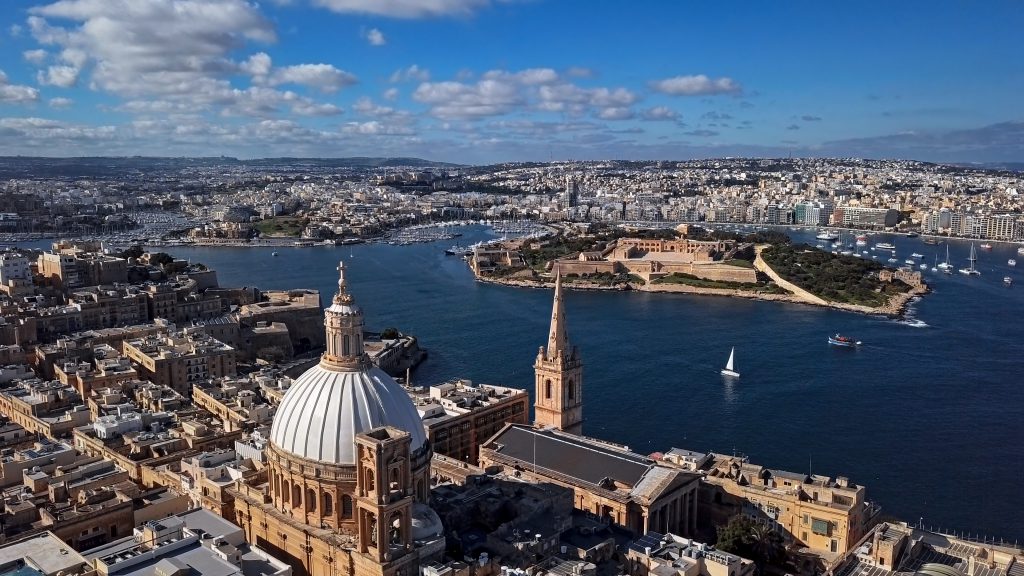Addressing Malta’s concerns

A recent survey has shed light on the primary concerns the Maltese right now: inflation, the influx of foreigners, corruption, traffic congestion, and the booming construction industry. These issues are not merely statistics; they are tangible manifestations of the pressing need for effective governance and sustainable development strategies.
Inflation is a persistent worry for Maltese citizens, impacting their purchasing power and quality of life. Soaring prices for essential goods and services strain household budgets, exacerbating economic disparities and hindering social mobility. This is a very delicate situation, for which government’s tools are rather limited. So far we have seen millions spent on energy and fuel subsidies while in recent weeks government announced a scheme meant to reduce certain food products by up to 15%. However, we fail to understand why to date government is insisting in its policy to keep taxing the compensation for the increase in the cost of living (COLA). The longer this injustice is prolonged, the longer the workers’ spending power will be eroded.
The influx of foreigners living in Malta presents both opportunities and challenges., Unchecked migration strains public services, housing, and infrastructure. It is imperative to strike a balance between welcoming immigrants and preserving Malta’s social fabric and resources. Comprehensive immigration policies, coupled with robust integration initiatives, can foster social cohesion and harness the talents of newcomers for the nation’s benefit. While plugging certain labour shortages with foreigners might work in the short-term, this should not become the rule in a country which has one of the highest population densities.
Yet again corruption has emerged as a concern. Apart from eroding trust in institutions, corruption undermines the rule of law, and stifles sustainable economic growth based on value added and merit. It also foments a sense of helplessness and a perception that the law is strong with the weak and weak with the strong.
Unsurprisingly, traffic congestion has become a daily ordeal for Maltese commuters, resulting in wasted time, increased pollution, and road safety hazards. The situation is being accentuated by poor planning, lack of coordination and huge delays to complete infrastructural works. Meanwhile. No tangible measures have been rolled out which might seriously challenge the hegemony of private cars.
Concerns are also being raised on the rapid expansion of the construction industry with respect to environmental sustainability, urban sprawl, and the preservation of Malta’s cultural heritage. Unbridled development, is degrading the island’s natural beauty, strain resources, and compromise its historical legacy. It is imperative to enact stringent regulations, enforce responsible land-use practices, and engage stakeholders in sustainable development initiatives to strike a balance between economic growth and environmental preservation. We cannot keep compromising our village skylines.
In confronting these challenges, Malta stands at a critical juncture that demands collective action, visionary leadership, and unwavering commitment to the common good. The only problem is that the common good these days seems to be quite rare. It has seriously fallen down the pecking order, and the ones feeling the pinch are law-abiding citizens.
